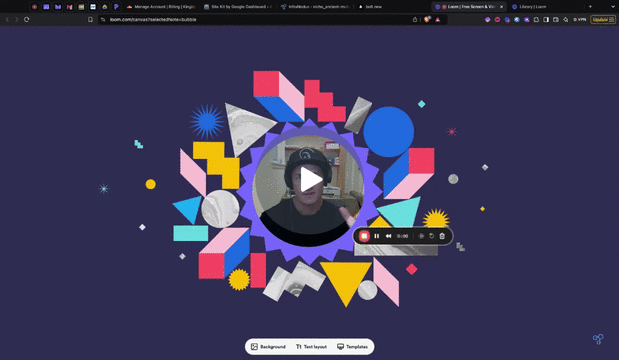Crowdsourcing with TripAdvisor
This analysis was completed for an assignment as part of a Wharton Executive Education paper I am completing. It discusses the pros and cons of a crowdsourcing business model.

This analysis was completed for an assignment as part of a Wharton Executive Education paper I am completing.
A large group of travelers contributed reviews for free to TripAdvisor. These reviews became TripAdvisors inventory which they figured out how to monetize through advertising.
They did it by providing a service to reviewers. That is, in return for the users uploading reviews, TripAdvisor organised the aggregation and presentation of the reviews to support traveler’s planning and decision making when they became a 'holiday shopper'.
This organisation includes price comparisons and review comparison sacross many hotels and other travel websites (Orbitz, booking.com, Expedia, Kayak, etc) to assist the user to purchase the best priced hotel possible.
Crowdsourcing Marketplace with Core Advertising Products
The reason why Trip Advisor is a crowdsourcing business is because it sells advertising opportunities. It is also a marketplace that joins holiday shoppers (demand) with holiday providers (supply). As a crowdsourcing site, TripAdvisor spans wide functionality that meets the needs of it's travel users:
- user-generated review pages
- a meta search engine and
- a direct booking page (i.e. online travel agency, OTA)
The pros for this business model are:
1. The destination of choice for public reviews, which means it has a large monthly user base which validates the price for advertising
2. Able to connect shoppers with sellers via targeted matching, eg looking for hotel in Rome under $200, pulls up all Rome hotels under $200 at that time - quicker response for customers
3. Able to collect a lot of data to help decision-making for new features and or product offering adjustments
4. Content is free (TripAdvisor does not pay reviewers)
5. Understand network effects and influencers
6. Able to keep track of competition because they will have to use your platform to target their users
The disadvantages are:
a. Unable to extract value from a certain segment of the data, for example, the cost of the hotel versus the veracity of the review will fade, for example, a $40 hotel will not get good reviews in general and would be less likely to buy ad space from TripAdvisor
b. Bad actors, false data and bad reviews, low quality content can pollute the value of the data, there will be a cost associated with 'cleaning' the data, vetting crowd members to enhance the quality of participants or creating sub-communities along product categories will all cost
c. How to allocate recognition to content-suppliers? Accumulating respect from peers is important and if overlooked or badly handled, the content supply will diminish.
d. The crowd will increasingly demand their fair share. The tension between crowd value creation versus platform owner value capture was a source of conflict at Quirky and led to it's failure.





